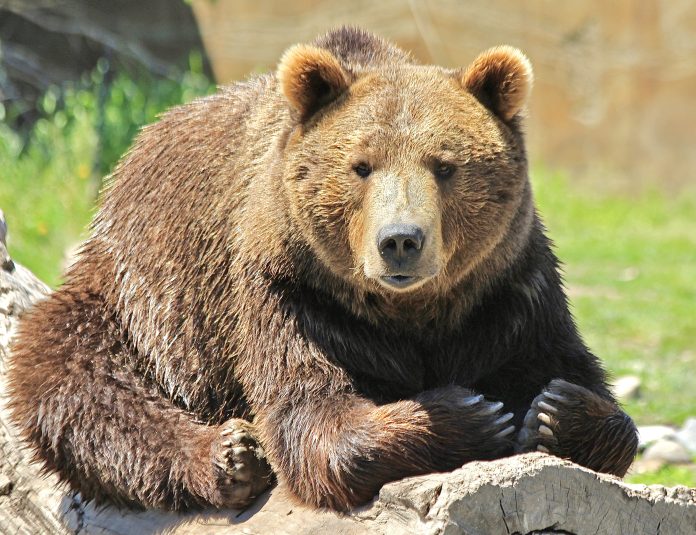
After Nearly Being Hunted To Extinction, Grizzly Bears May Return To The North Cascades In Washington
By Lauren Lewis
You can help all animals and our planet by choosing compassion on your plate and in your glass. #GoVeg
RELATED ARTICLES
Banning Cruelty: New Legislation Aims To Ban Octopus Farming In The U.S.
New bipartisan legislation has just been introduced in the U.S. to ban commercial octopus farming and prohibit imports of farmed octopus from foreign countries.
The...
Outrage In Yellowstone! Grizzly Bear Killed By Wildlife Officials & Left With Head & Paws Cut Off
Photo by: Trisha McFarland / Cowboy State Daily
A photo of a dead grizzly bear with its head and paws cut off has caused an...
Inside Florida’s Illegal Horse Meat Trade: Undercover Footage Shows Racehorse Being Shot & Butchered
A heart-wrenching discovery of illegal horse slaughter has emerged, with video footage exposing the tragic killing of a racehorse named 'Funny Biz,' who was...
Popular stories
!! Coronavirus
New York City Launches COVID-19 Pet Hotline To Provide Support For Animals Of Residents Affected By The Coronavirus
The New York City Emergency Management Department and the Mayor’s Office of Animal Welfare today announced the launch of the NYC COVID-19 Pet Hotline.
The...
Breaking News
Two Greyhounds Tragically Killed Following A Race At Addington Raceway In New Zealand
It is with a heavy heart that we share the tragic news of the deaths of two greyhounds, Jovita and Palawa Queen, following a...
News
World Animal News TOP Stories Making Headlines!
1. Over 200 Neglected Lions, Tigers & Other Species Rescued After Black Jaguar-White Tiger Sanctuary Was Raided In Mexico
In some not so shocking news, the...


